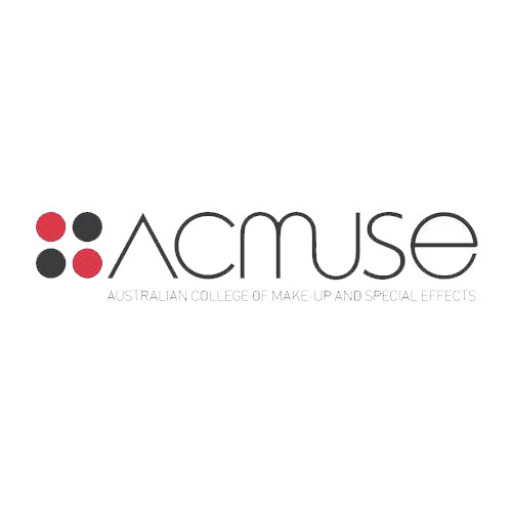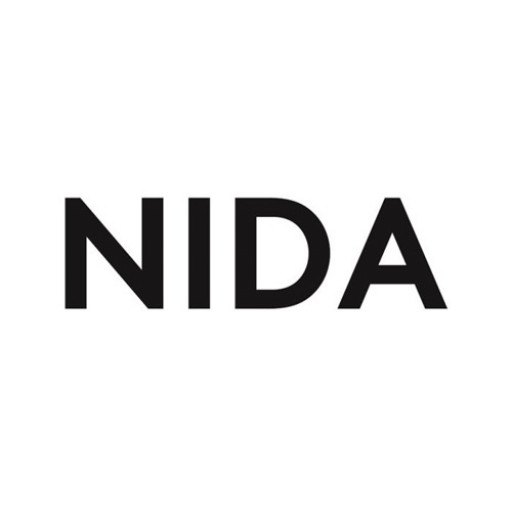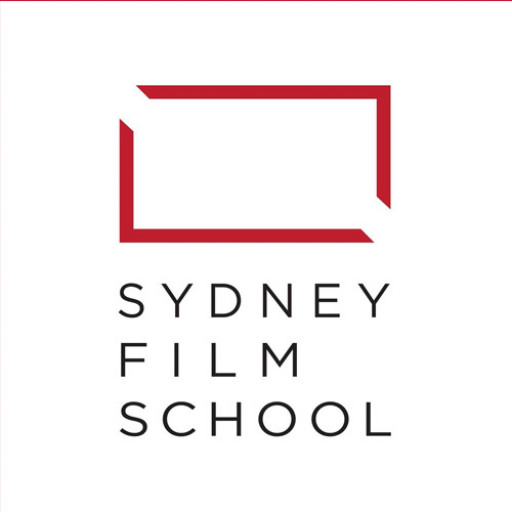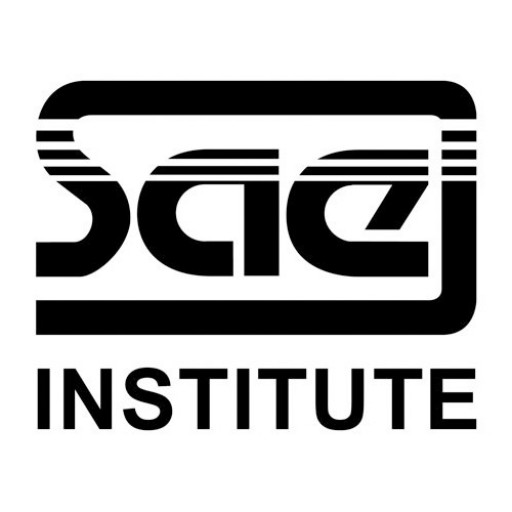This qualification reflects the function of individuals who have a very sound theoretical knowledge base and employ a range of specialised, technical or managerial competencies to plan, carry out and evaluate the task of team or self in the film, tv, radio and interactive media industries.Licensing/Regulatory Information National Standard for Licensing Persons Performing High Risk WorkThe National Standard for Licensing Persons Performing High Risk Work applies to persons performing dogging and rigging work. Completion of the subsequent components is needed for certification at basic, intermediate or advanced levels:CPCCLDG3001A Licence to do doggingCPCCLRG3001A Licence to perform undercover fundamental levelCPCCLRG3002A Licence to perform rigging intermediate levelCPCCLRG4001A Licence to perform rigging higher level level.National Code of Practice for Induction for Building WorkSets and shredding for some events or performances may fall within the definition of structure work. If this is that's the case, people going into the construction site are needed to finish the general induction training regime specified by the National Code of Practice for Induction Training for Construction Work (Australian Safety Compensation Council, might 2007). Achievement of the device'CPCCOHS1001A Work in the construction business' from the CPC08 Construction, Plumbing and Services Training Package fulfils this requirement.
The Diploma of Screen and Media offered by the Australian College of Make-Up & Special Effects provides students with comprehensive training in the dynamic and creative fields of film, television, and digital media production. This program is designed to equip students with essential skills in various aspects of screen arts, including acting, camera operation, lighting, sound, editing, and post-production techniques. Throughout the course, students will explore the fundamental principles of visual storytelling, developing their ability to create compelling narratives across different media formats. The curriculum emphasizes hands-on learning, enabling students to work on real-world projects and collaborate within industry-standard environments. Students will also receive training in special effects makeup and prosthetics, enhancing their versatility in the media industry. The program prepares graduates for a wide range of careers, from production assistant roles to freelance content creators, and provides a solid foundation for further studies in media arts. The course is delivered by experienced industry professionals who bring practical insights and current industry practices into the classroom. Students will have access to state-of-the-art equipment and facilities, ensuring they gain relevant experience that aligns with industry standards. Upon successful completion, graduates will possess a diverse skill set, enabling them to contribute effectively to various media production teams, or to pursue personal creative projects with confidence. This diploma fosters creativity, technical competence, and professional development, positioning students to thrive in the competitive media environment.
Program requirements for the Bachelor of Screen and Media at the Australian College of Make-Up & Special Effects include a minimum of 120 credit points completed over three years of full-time study. Applicants must demonstrate a strong interest in screen production, media studies, or related fields. Entry typically requires completion of secondary education equivalent to the Australian Year 12 qualification, with a competitive academic record. No prior specialized experience in media or film is mandatory, but a demonstrated passion for filmmaking, art, or media is advantageous. Applicants may need to submit a portfolio of relevant creative work or a personal statement outlining their interest and motivation for pursuing this program. English language proficiency is required for non-native speakers, generally demonstrated through a score of at least 6.0 in IELTS or equivalent. The program encompasses core courses in film production, editing, cinematography, scriptwriting, and visual effects. Students also undertake electives that may include animation, sound design, and digital media. Practical sessions involve hands-on projects, studio work, and collaborative group assignments designed to mimic real-world media production environments. To graduate, students must achieve satisfactory grades in all core and elective courses, complete a capstone project, and meet attendance requirements. The program emphasizes industry-relevant skills, teamwork, and creative problem-solving, preparing graduates for careers in film, television, advertising, and digital media industries. Additional requirements may include participation in industry placements or internships, which are highly encouraged to enhance employability and professional experience.
The Australian College of Make-Up & Special Effects offers a range of financing options to support students in their pursuit of higher education in Screen and Media. Prospective students can explore various avenues to finance their studies, including government-funded schemes, private scholarships, and payment plans. Commonwealth Supported Places (CSP) may be available, providing subsidized tuition fees for eligible domestic students, reducing the financial burden significantly. Additionally, students might consider applying for Australian Government Loans, such as HECS-HELP or FEE-HELP, which allow for the deferral of tuition fees until after graduation, easing the immediate financial pressure. The college also provides flexible payment options to accommodate students' varied financial situations, including installment plans that spread the cost over the duration of the course. For international students, full fee payment is often required upfront; however, the college may assist in guiding students towards external financial aid and scholarship opportunities. Private scholarships and grants are also accessible through various industry organizations and the college’s partnerships, which reward academic excellence or support students from diverse backgrounds. Students are encouraged to research external funding sources and consider part-time employment opportunities, which can help manage expenses during their studies. The college's financial advisors are available to offer personalized guidance on choosing the most suitable financing options based on individual circumstances. Overall, the Australian College of Make-Up & Special Effects is committed to making education accessible, ensuring that financial constraints do not hinder aspiring professionals from entering the vibrant field of Screen and Media.
The Diploma of Screen and Media at the Australian College of Make-Up & Special Effects provides students with comprehensive training in the art and craft of make-up for screen and media applications. This program is designed to equip students with the essential skills needed for careers in film, television, theatre, fashion, and photography industries. The curriculum covers a wide range of topics including character make-up, special effects make-up, prosthetics, airbrushing techniques, and makeup for different media formats. Students will learn from experienced industry professionals through practical workshops and real-world projects, ensuring they gain hands-on experience that aligns with current industry standards.
Throughout the course, students are introduced to the fundamentals of face painting, beauty make-up, and special effects techniques such as wounds, aging, and fantasy makeup. The program also emphasizes the importance of hygiene, safety, and professionalism in a professional make-up environment. The coursework includes theoretical studies in anatomy, color theory, and design principles, paired with practical sessions to develop technical proficiency.
Opportunities are provided for students to build a compelling portfolio of work, which is essential for pursuing employment or further specialization in the industry. The program often includes industry placements and networking opportunities, facilitating students’ transition into the professional world. Graduates of the Diploma of Screen and Media are prepared to work in diverse roles such as make-up artist, special effects technician, prosthetic artist, and hair stylist across a variety of media platforms.
The college supports ongoing skill development and encourages creativity, ensuring students are adaptable to evolving trends and technologies in the industry. With a focus on both artistic expression and technical competence, the program aims to produce well-rounded professionals ready to contribute to the dynamic media and entertainment sectors.








